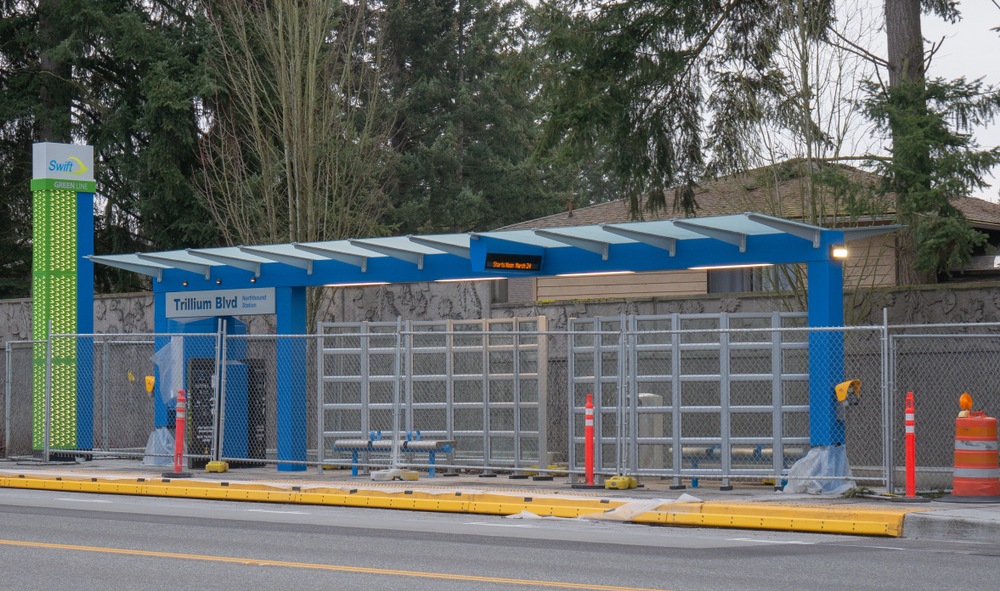
A new bill introduced to the House of Representatives last week proposes to increase the amount of funding provided to transit systems covered by the Small Transit Intensive Cities Program (STIC).
Currently, the STIC provides funds to those communities with populations between 50,000 and 200,000, based on certain performance criteria. Such funds are already set to increase to 2 percent apportionment later this year, but U.S. Reps. Rodney Davis (R-IL), Greg Stanton (D-AZ), Steven Palazzo (R-MS) and Jimmy Panetta (D-CA) want to see that figure raised still higher, to 3 percent.
“The Small Transit Intensive Cities Program (STIC), which rewards high performing small transit systems, has been incredibly successful over the years and we’ve seen the program grow from 77 eligible communities when it was first authorized to 124 as of 2017,” Davis said. “I have four prime examples of cities in my district that have benefited from this program, including Bloomington-Normal, Champaign-Urbana, Springfield, and Decatur. Our bipartisan bill ensures funding for this program is keeping up with demand so we can continue to help successful, small transit systems like these make investments to improve efficiency and service.”
H.R. 3758 would help improve access to public transportation options and help them reach even more residents, supporters of the bill said. Further, they say it would not require additional funding to achieve. The non-profit Community Transportation Association of America agrees and has already come out lauding the lawmakers for their performance-based approach to transit investment and service incentivization.
“The STIC program has proven to be incredibly effective. Communities like mine on the central coast of California and across the country have benefitted from investments in local bus services, getting people out of cars and onto public transit,” Panetta said. “I am proud to support this bipartisan legislation that will continue to transform our transportation system and move millions of Americans efficiently in and around our communities.”